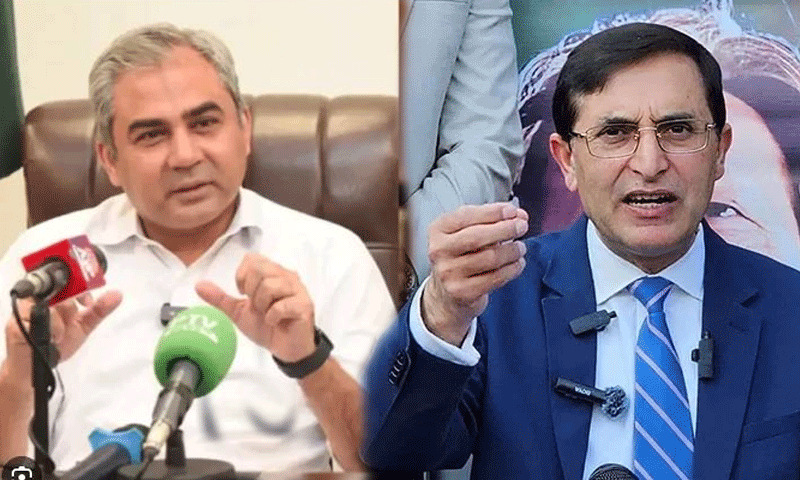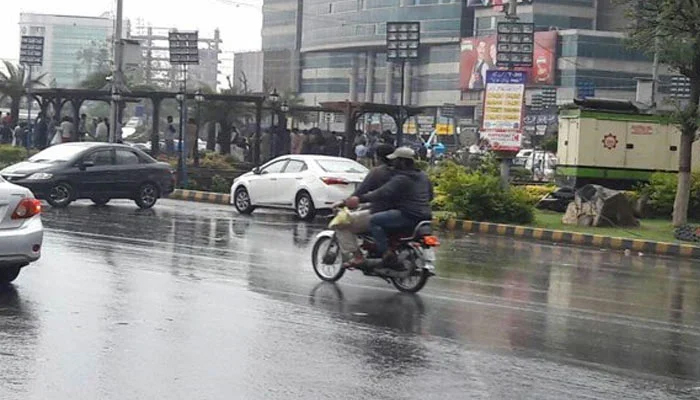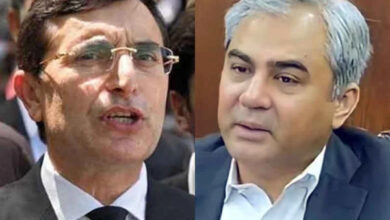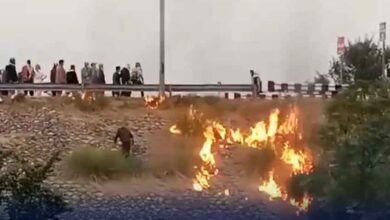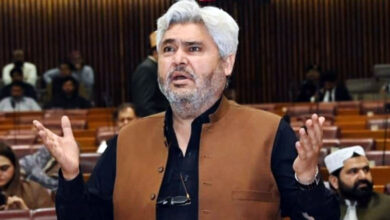Islamabad High Court Issues Notices Over Ban on Protests in D-Chowk and Red Zone

Islamabad: The Islamabad High Court has issued notices to the Deputy Commissioner of Islamabad and the Ministry of Interior regarding a request to impose a ban on protests in D-Chowk and the Red Zone. The court has also demanded a comprehensive plan to address the issue.
Chief Justice of the Islamabad High Court, Justice Aamer Farooq, heard the petition filed by the Federal Welfare Association. The association’s lawyer, Chaudhry Waseem Bahadur, presented the case in court. The lawyer argued that business operations are frequently disrupted during protests at D-Chowk, requesting that a ban be imposed on such demonstrations.
The Advocate General of Islamabad responded, stating that not all businesses are shut down, and only certain areas are affected. Chief Justice Farooq inquired about the potential solutions, asking whether D-Chowk is part of the Red Zone. The Advocate General confirmed that Section 144 is enforced in Islamabad to prevent such disruptions, with D-Chowk marking the beginning of the Red Zone.
The Chief Justice questioned the Deputy Commissioner of Islamabad about the measures taken during protests. The Deputy Commissioner explained that road closures are implemented around protest sites but did not address the specific issue of D-Chowk. The Chief Justice remarked that while the right to protest is guaranteed, access to the Red Zone should be restricted. He noted that similar protests occur outside the Supreme Court and Parliament in Lahore’s Red Zone, suggesting a lack of uniform enforcement.
The Deputy Commissioner added that unauthorized protests often occur, and he stressed that D-Chowk is not synonymous with the Red Zone. The Chief Justice instructed the Deputy Commissioner to clarify where protests are permitted and adjourned the case until next week for further consideration.


